To enhance students’ application of their professional knowledge, broaden their perspectives, and improve their professional skills and practical abilities, 233 2023 cohort undergraduates of QMES participated in a cognitive internship from June 24 to 27, 2024. Led by Dai Fuping, Secretary of the QMES Party Committee, Wang Yongxin, Vice Dean of QMES, Cheng Yin, Vice Dean of QMES, the class tutors for the 2023 cohort students, and staff from the teaching affairs office, the students visited six leading industry enterprises: AVIC Xi’an Aircraft Industry Group Company Ltd., Chinese Flight Test Establishment, Xi’an Bright Laser Technologies Co., Ltd., Hainan Airlines Holding Co., Ltd., Shaanxi Fast Auto Drive Refco Group Ltd., and Xi’an ESWIN Material Technology Co., Ltd.
At the first stop of their internship, the students visited Xi’an Bright Laser Technologies Co., Ltd., a company renowned for its excellence in the research, development, manufacturing, and sales of automotive components. By touring the company’s advanced production lines and learning about its extensive business operations, the students gained a profound understanding of the design and manufacturing processes, workflows, and market aspects of automotive components.
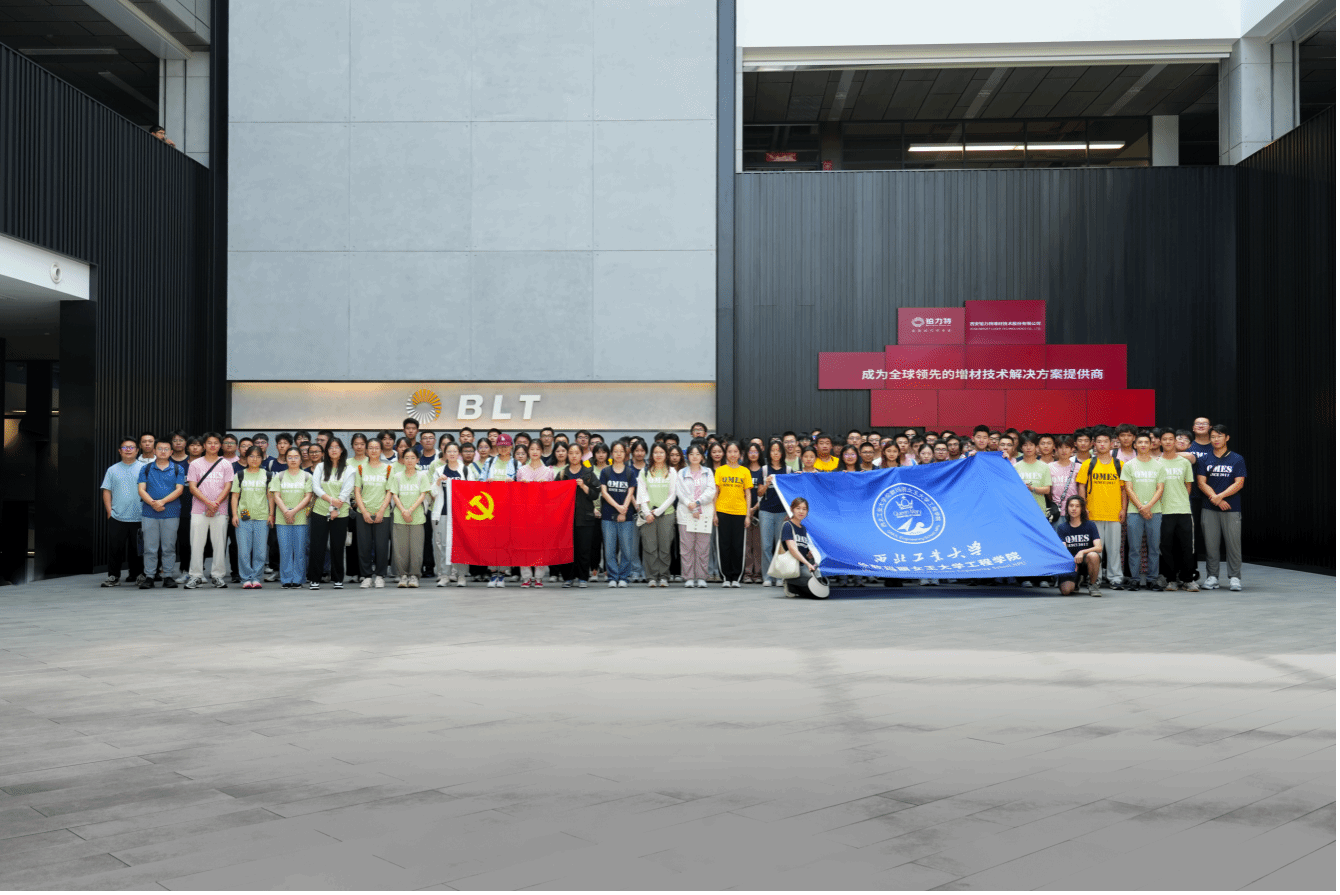
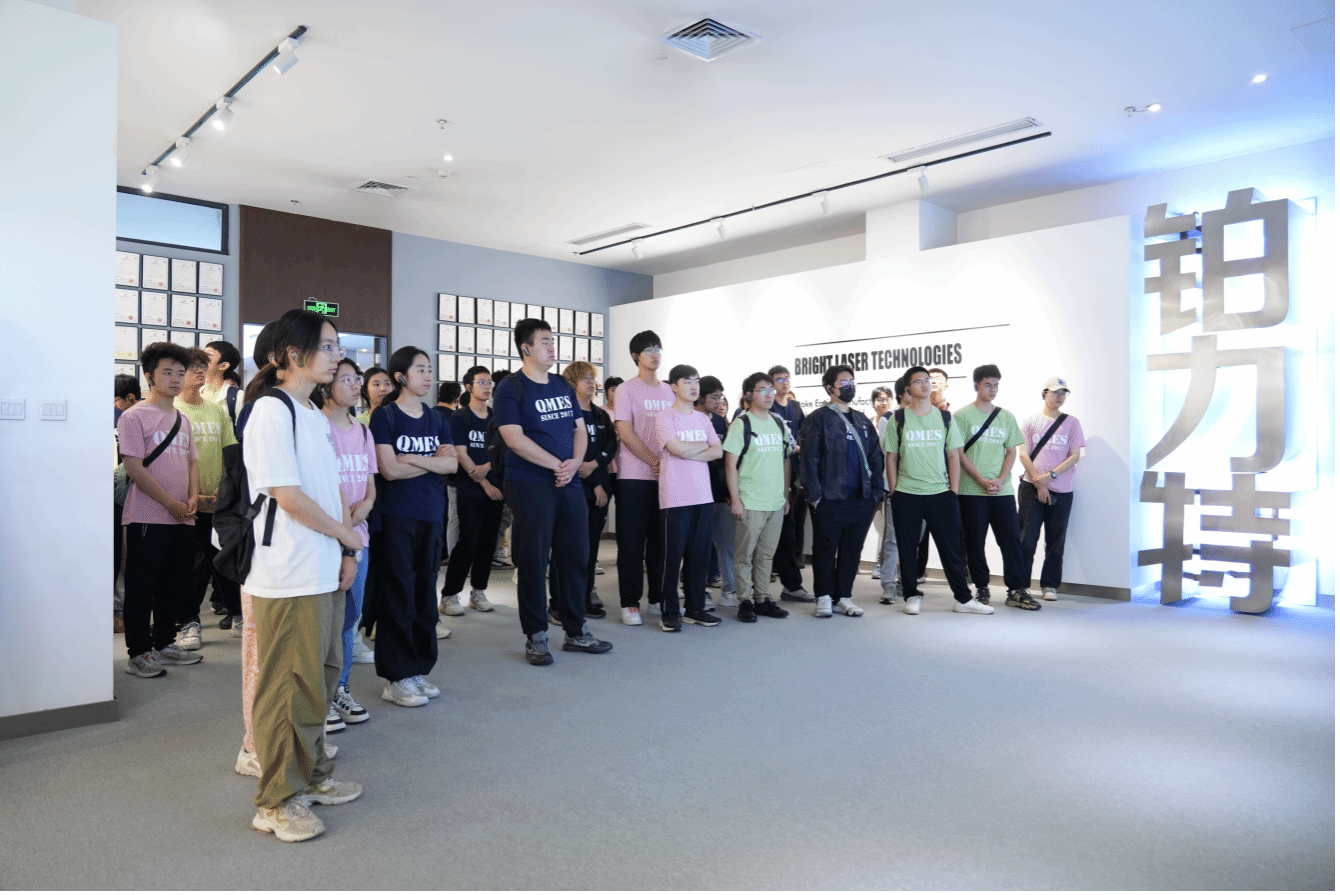
Next, the group visited Shaanxi Fast Auto Drive Refco Group Ltd., a leading name in the automotive transmission manufacturing sector in China. During the visit, the students gained in-depth insights into the production processes of automotive components and experienced firsthand the tradition and advancement of craftsmanship.
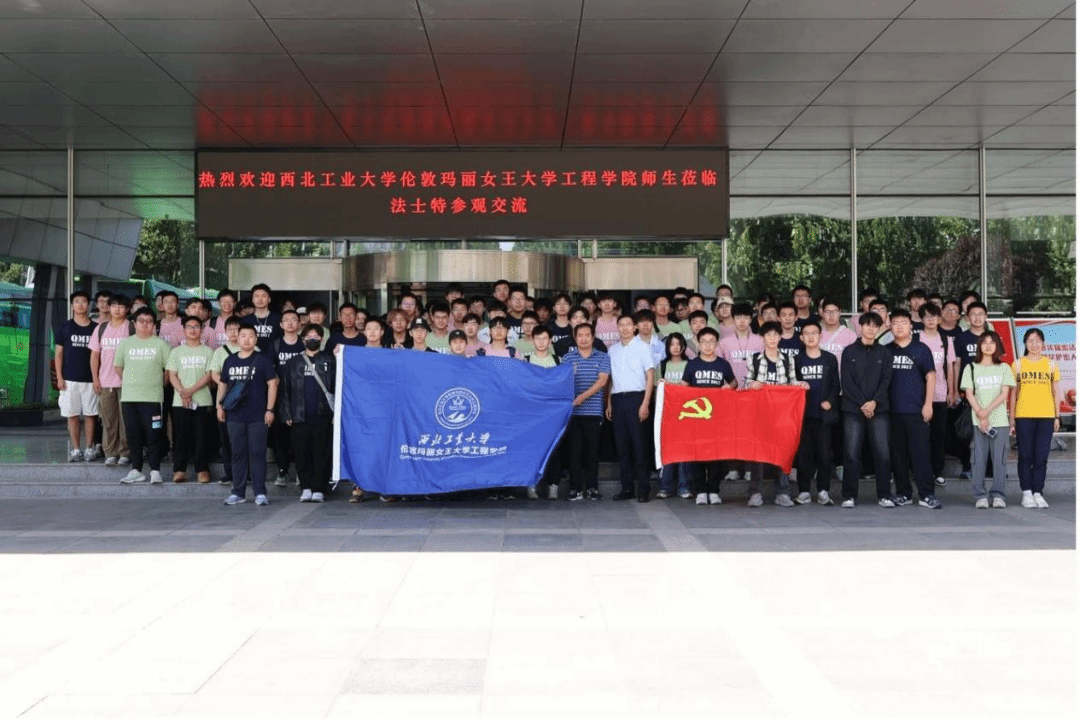
On June 25, the students continued their internship journey with a visit to Hainan Airlines Holding Co., Ltd. There, they learned about airport operations management, aircraft routine maintenance, and component maintenance. They gained insights into the differences between various aircraft models and toured decommissioned planes. Through discussions with professionals, the students explored the airline’s operational models and safety management practices.
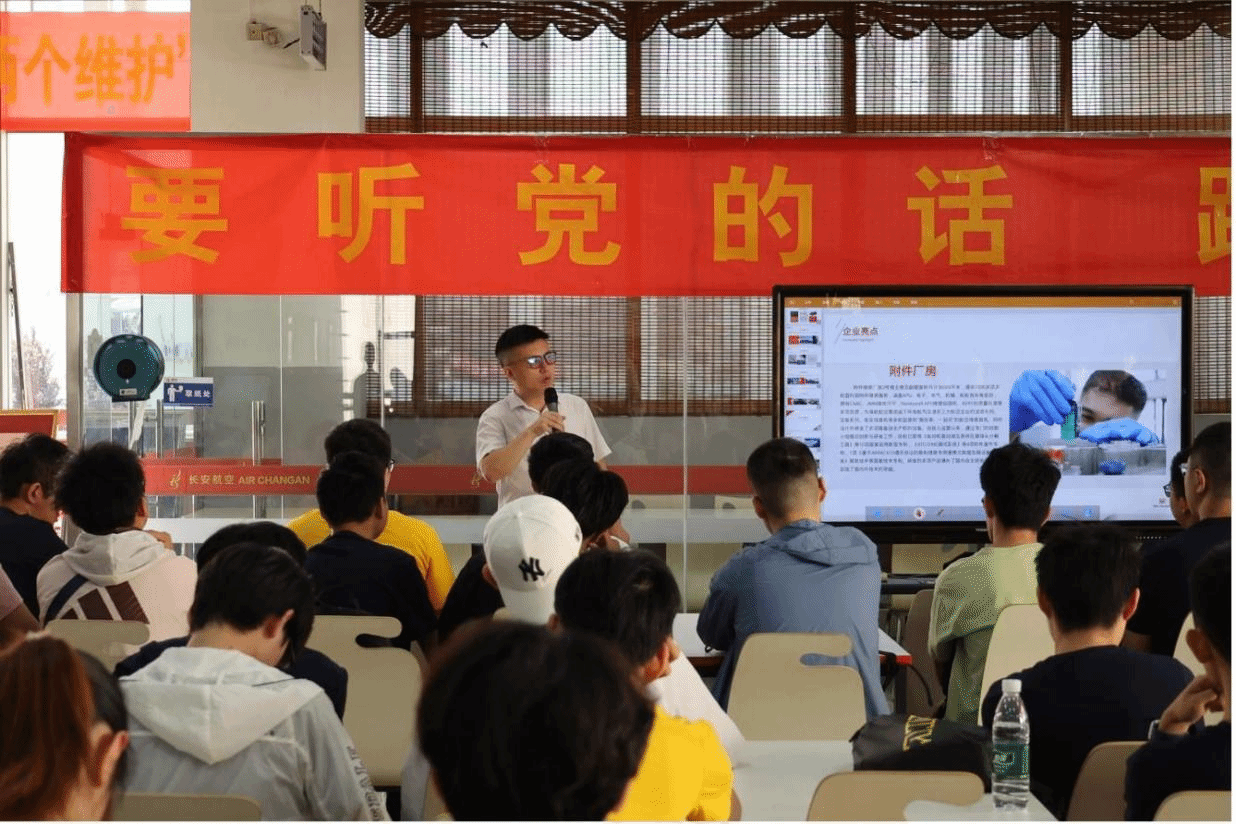
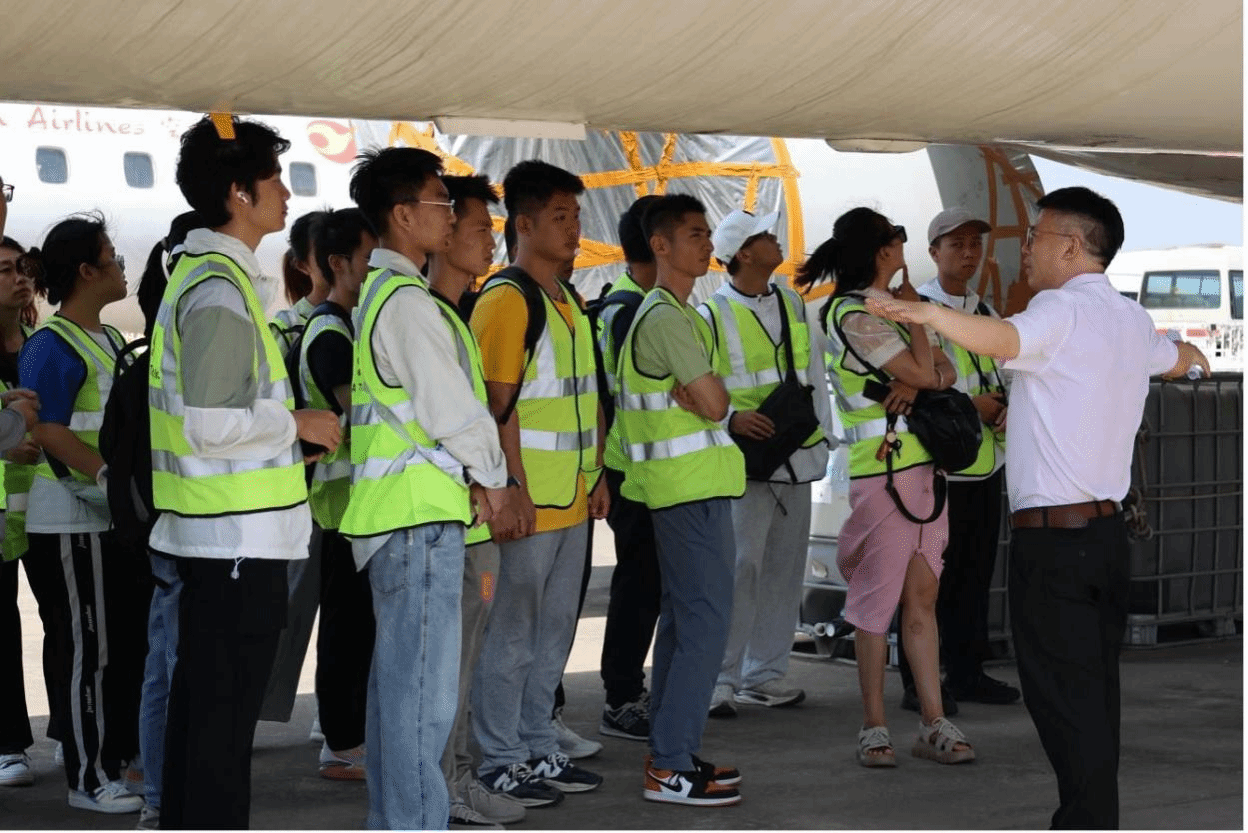
In the afternoon, the students visited Xi’an ESWIN Material Technology Co., Ltd., where they gained further insights into the semiconductor industry’s upstream and downstream clusters, the characteristics and applications of various semiconductor materials, and the sophisticated processes involved in material preparation. This visit deepened students’ understanding of China’s innovative capabilities and development potential in the semiconductor sector, leaving them confident about the future of the China’s semiconductor industry.
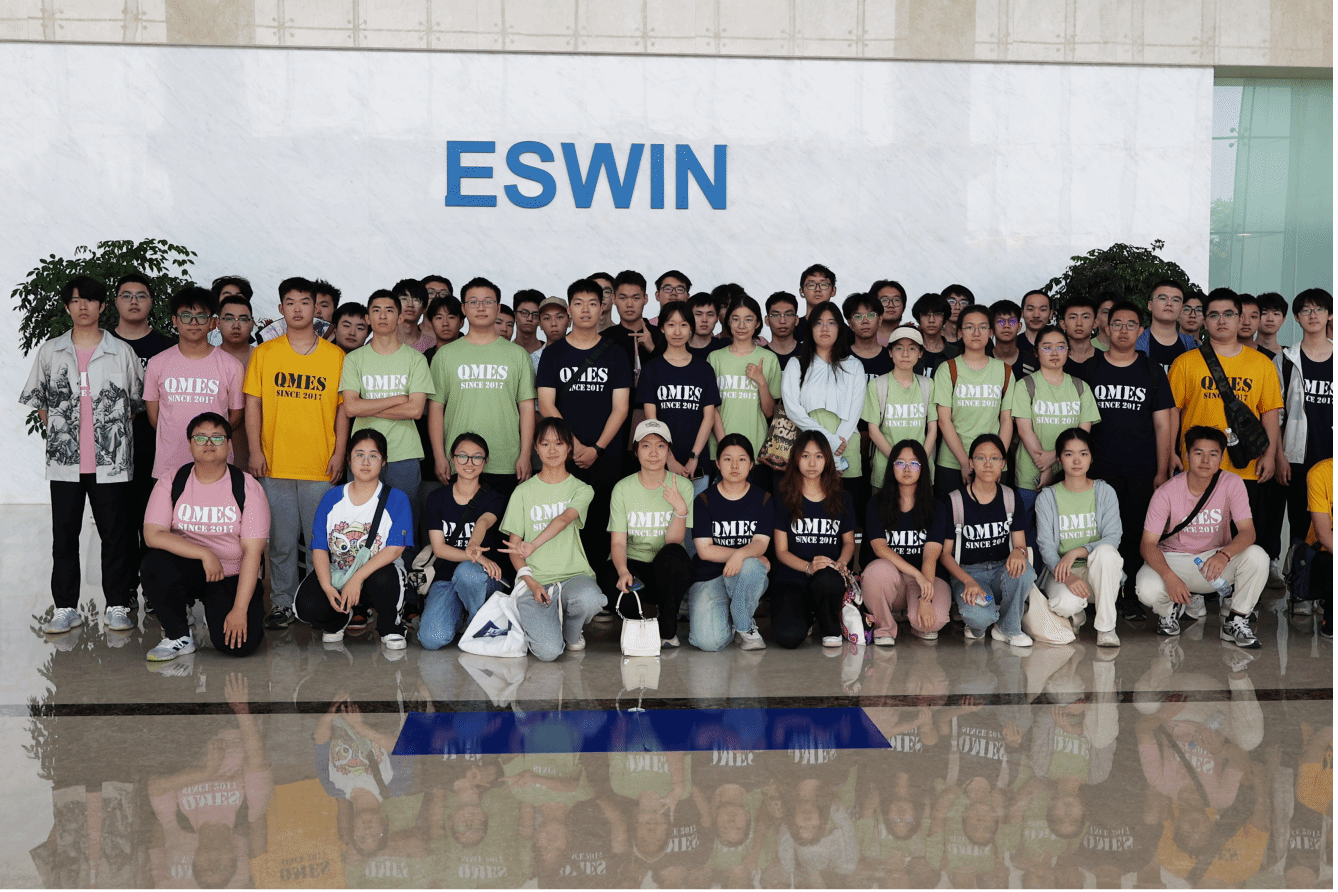
On 27 June, the final day of the cognition practice, students visited the Chinese Flight Test Establishment, a key base for aviation flight testing. Their first stop was the Aircraft of Merit Park, which encapsulates the remarkable 60-year history of China's flight testing industry and stands as a testament to the growth of Chinese aviation alongside generations of aviation pioneers. In the Academic Centre, the students and faculty gained a deeper understanding of the rigorous processes and safety requirements involved in aircraft testing and risks associated with aircraft development and flight testing in China. In the afternoon, the students proceeded to AVIC Xi’an Aircraft Industry Group Company Ltd., a major base for the research and production of large and medium-sized aircraft in China. On the production line, they witnessed the meticulous assembly of aircraft components, gaining a firsthand appreciation of the precision and rigour involved in aircraft manufacturing.
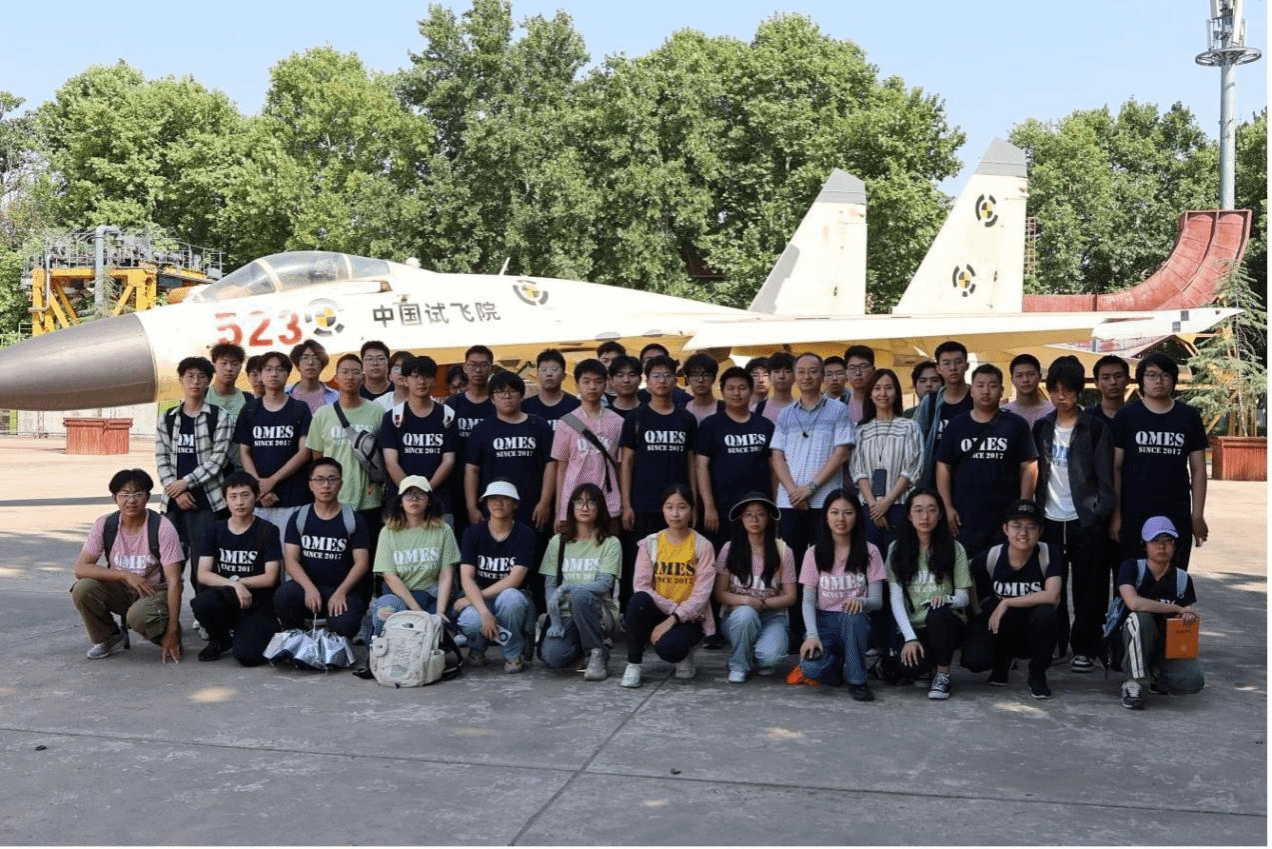
Through this internship, QMES has partnered with leading provincial enterprises to offer students valuable practical experience, enabling them to observe real work environments. This experience not only enhances their understanding of their field but also develops their professional skills and career readiness. Additionally, interactions with industry experts have provided students with clearer insights and better planning for their future career paths.
In the future, QMES will leverage its distinctive international materials talent development programme to further integrate industry, academia, research, and application. It will strengthen collaborations with leading industry enterprises, precisely align talent training with national and industry needs, and develop a new model of multi-faceted collaboration among schools, government, businesses, and communities. This approach aims to significantly enhance the effectiveness of practical education.
(Text: Liu Yuming, Li Peiheng, Zhao Qianyi, Zhang Yekun, Ding Jing;
Photo: Ding Jing;
Edit: Han Huichun;
Translate: Shen Xinyi;
Review: Wang Yongxin)

